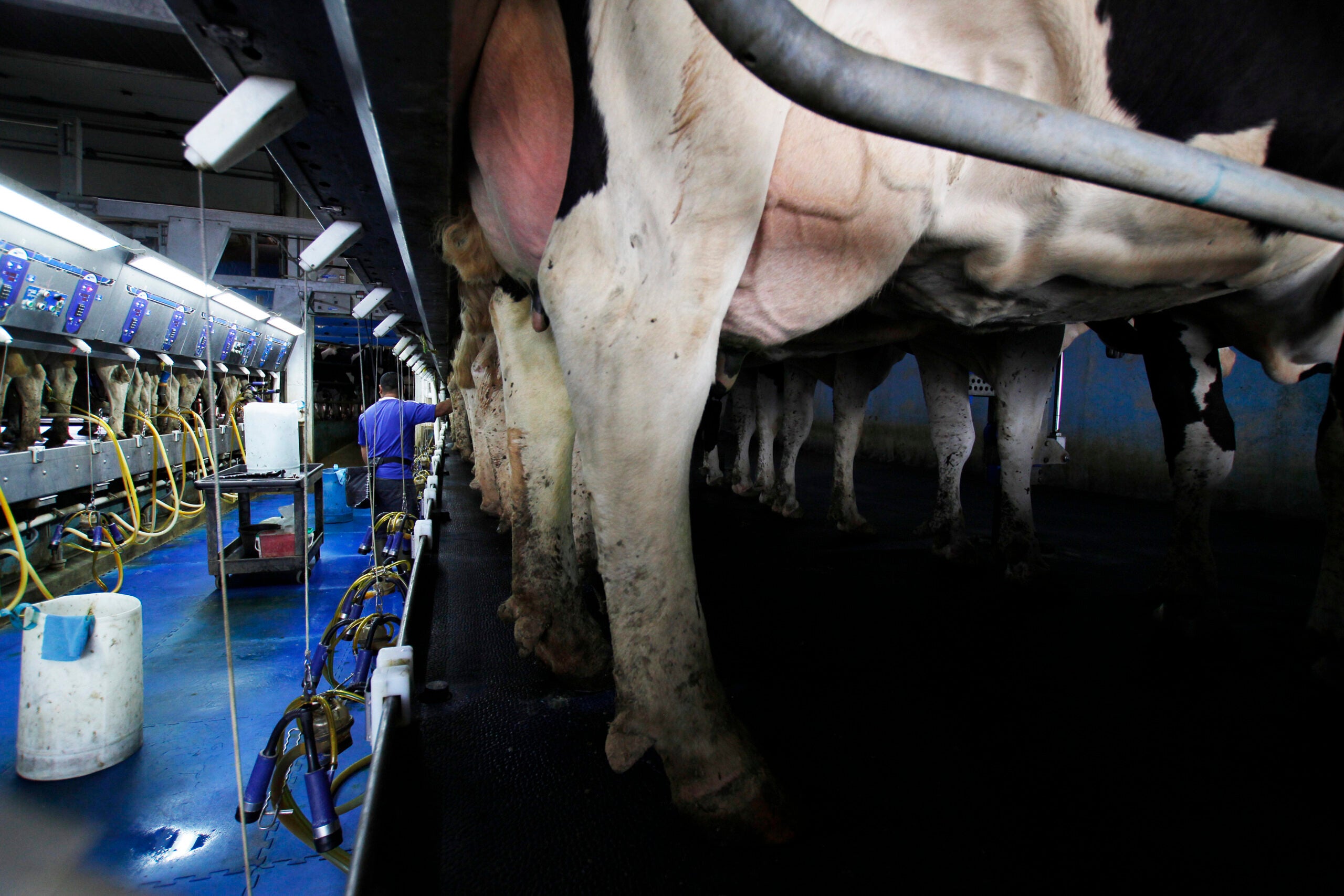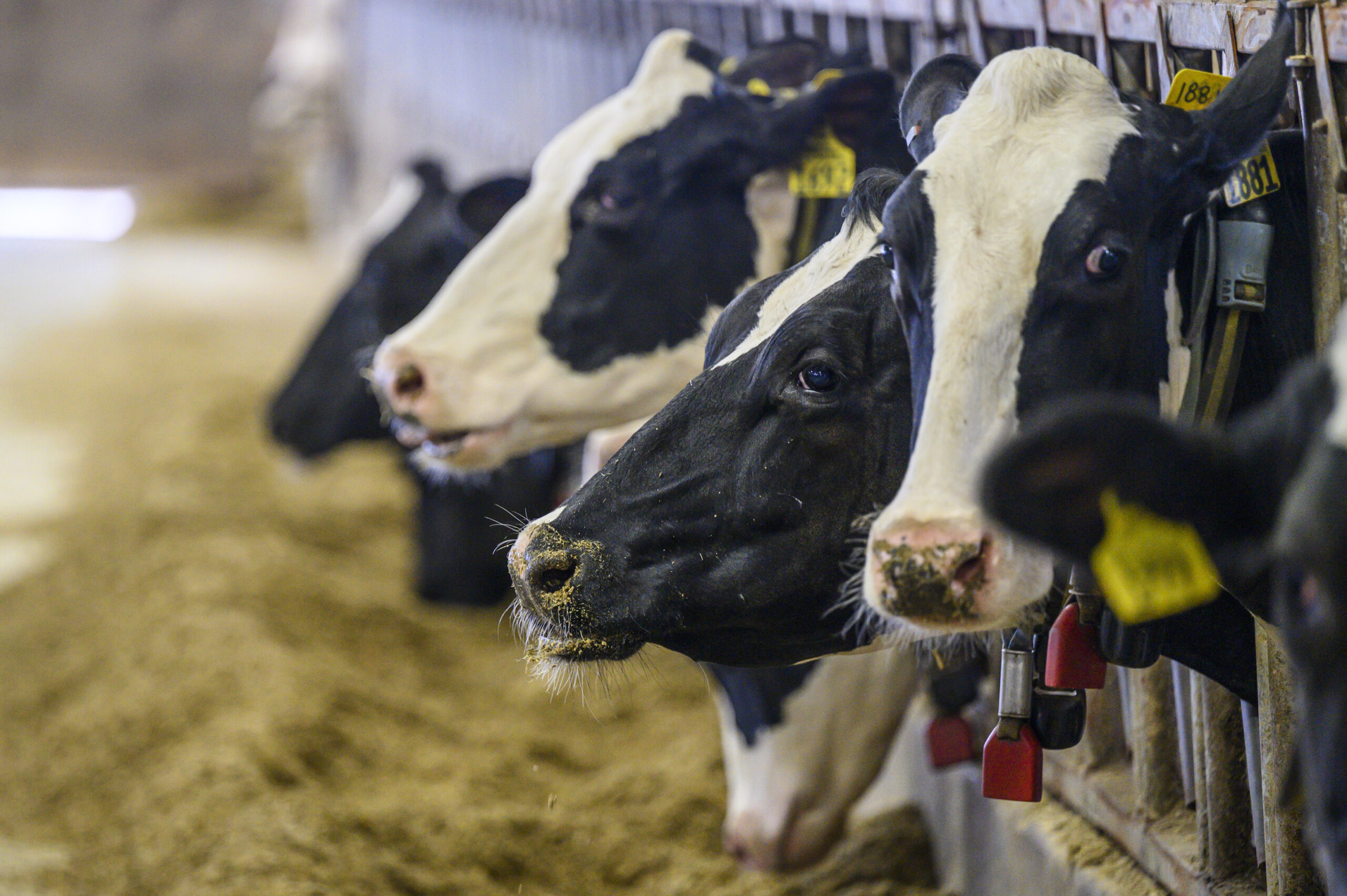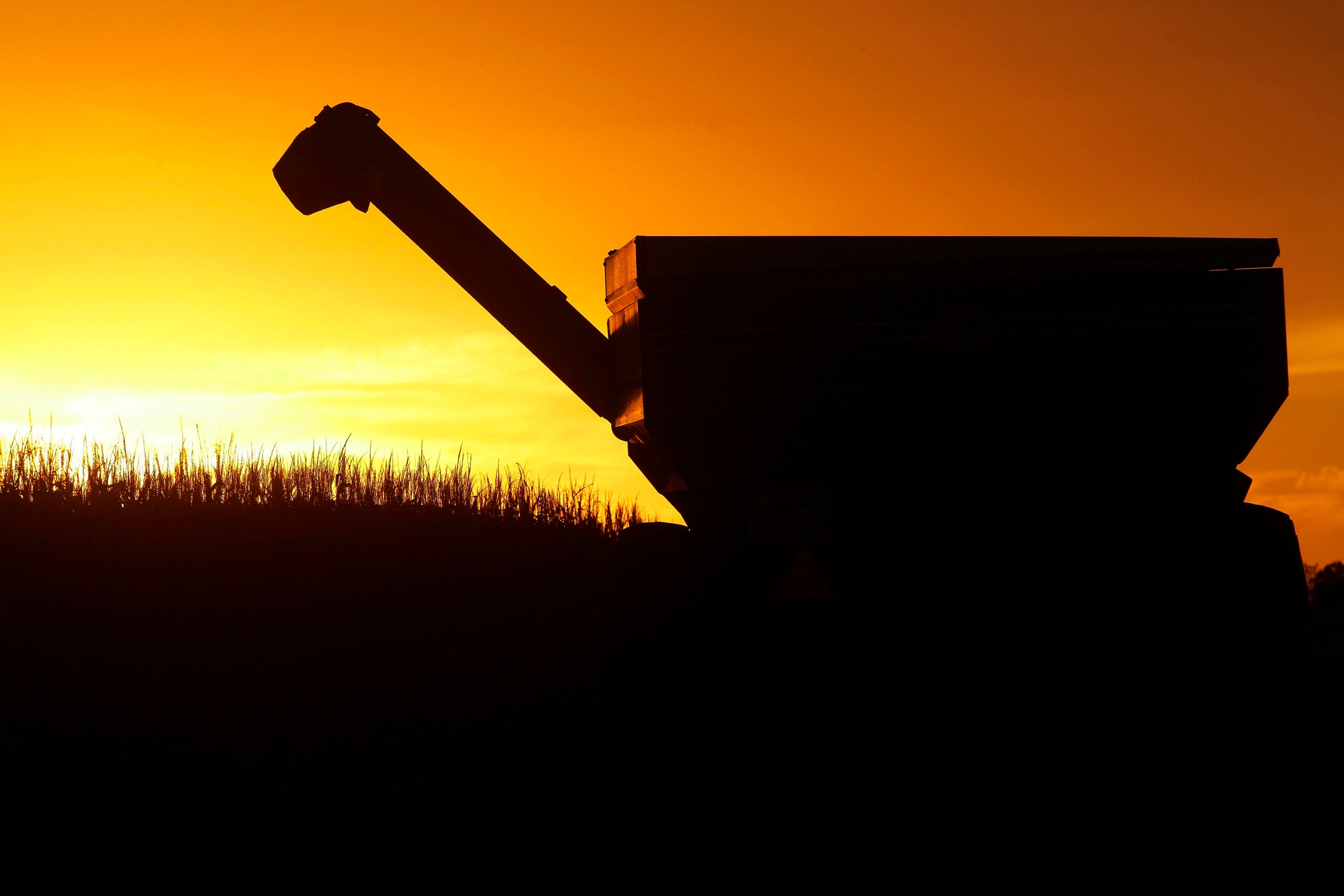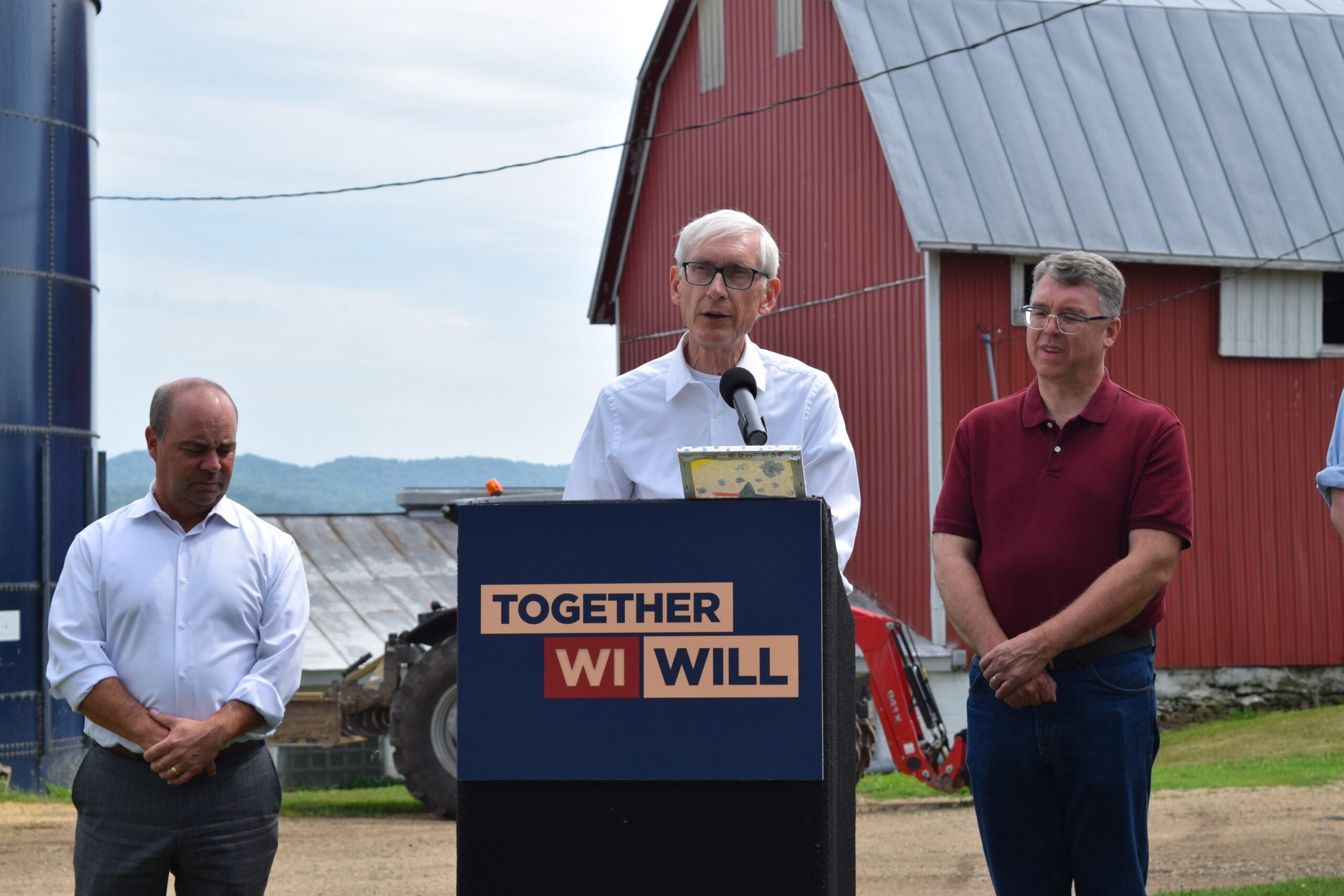A new report from the American Farm Bureau found 49 percent of Wisconsin’s dairy exports went to Canada and Mexico last year.
With the dairy market full of milk, and the amount of product in storage growing, losing those exports sales to Canada or Mexico could be devastating for Wisconsin producers.
But that’s just what Brian Gould, an associate professor of agricultural and applied economics at the University of Wisconsin-Madison, is worried about as talks continue over the future of the North American Free Trade Agreement.
Stay informed on the latest news
Sign up for WPR’s email newsletter.
“Mexico has been actively exploring trading relationships with some of our competing countries for their dairy imports and there’s a potential that we could lose those markets,” Gould said. “Even if we don’t lose NAFTA, we may lose those markets anyway.”
President Donald Trump has threatened to pull out of the NAFTA agreement if Canada and Mexico don’t agree to more favorable terms for the United States.
Gould said he’s not sure what will happen if the Trump administration steps away from the deal.
“What is the landscape going to look like if we were to pull out of NAFTA immediately? Do we revert to the old structures that we had or do we just go on as if NAFTA existed?” Gould wondered.
Without NAFTA, Gould said the U.S. or its partners could impose new tariffs on their products, complicating things for businesses on both sides.
It’s not just the state’s dairy industry facing uncertainty amid NAFTA negotiations. The American Farm Bureau report found 53 percent of the state’s fruit and vegetable exports, and 88 percent of live animal exports went to NAFTA partners last year.
Wisconsin Farm Bureau Federation President Jim Holte said the data shows how important trade is.
“It’s not something that’s just a flash in the pan that’s going to come and go and be done,” Holte said. “It’s a continuing, everyday ongoing event that’s important to us as farmers.”
Holte said trade can be a “two-edged sword,” but it’s not an option for farmers to bow out of the world market.
“If we were to have to change our production levels down to what only could be consumed in this country, it’d be quite the disaster for prices,” Holte said.
Wisconsin Public Radio, © Copyright 2024, Board of Regents of the University of Wisconsin System and Wisconsin Educational Communications Board.






